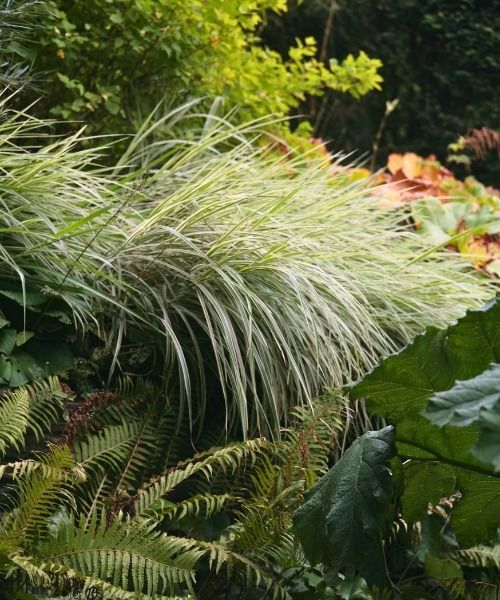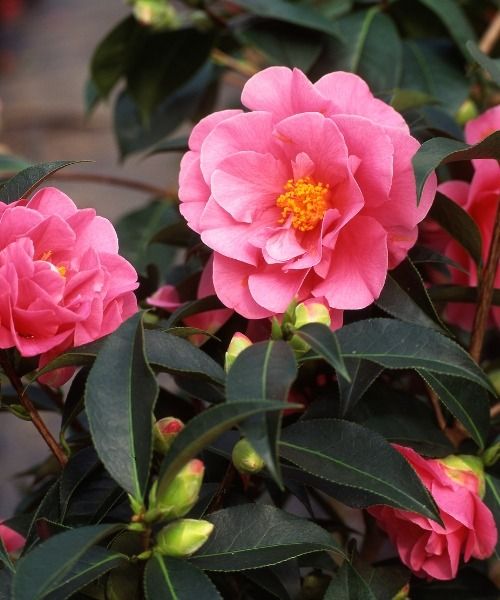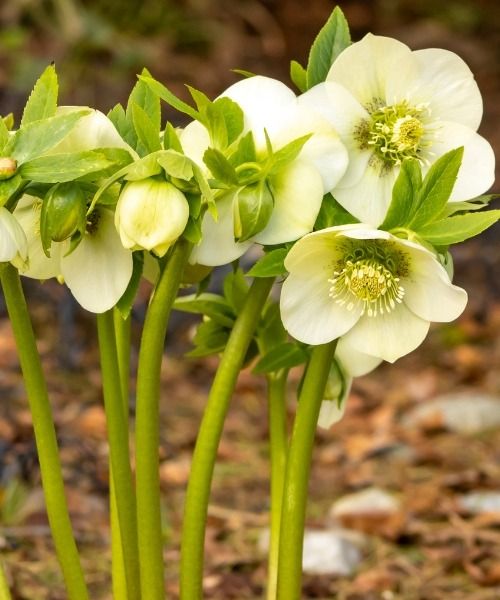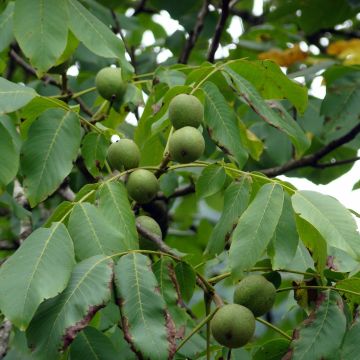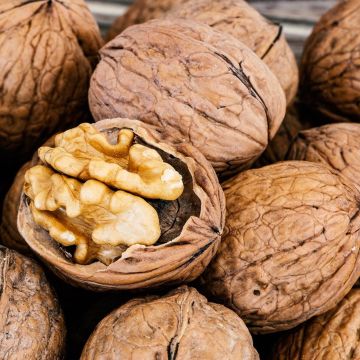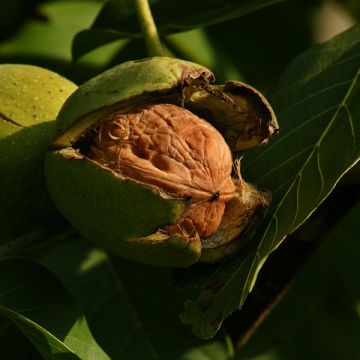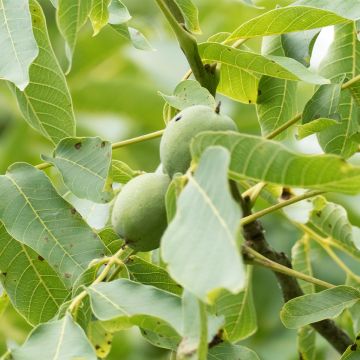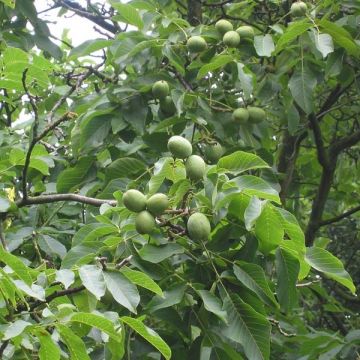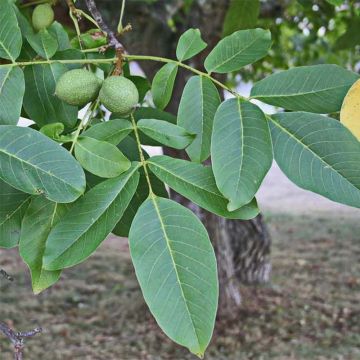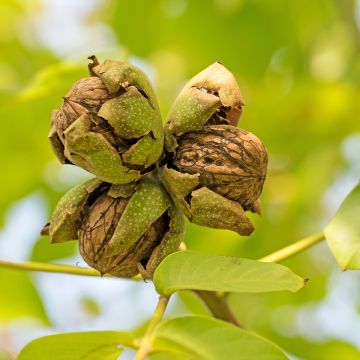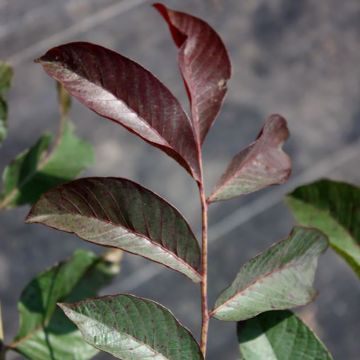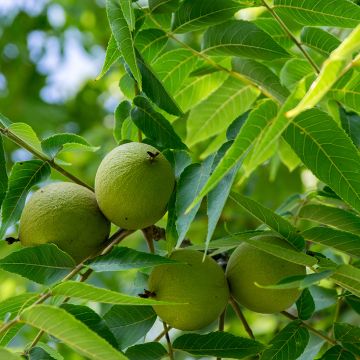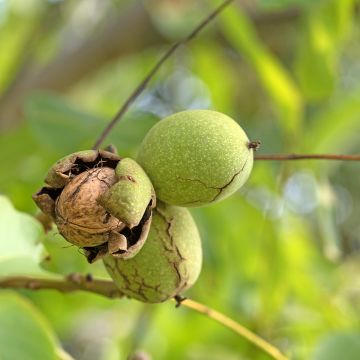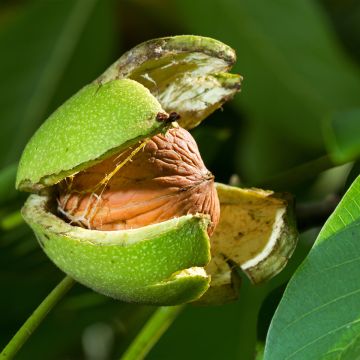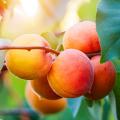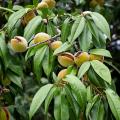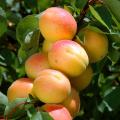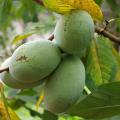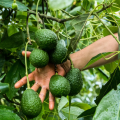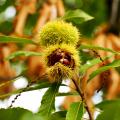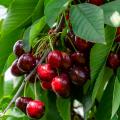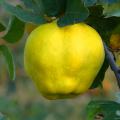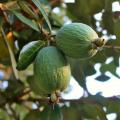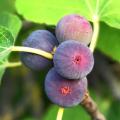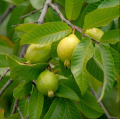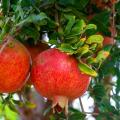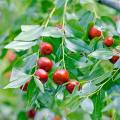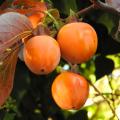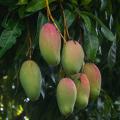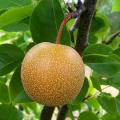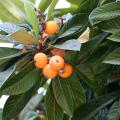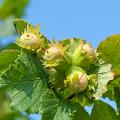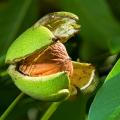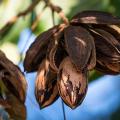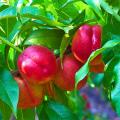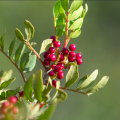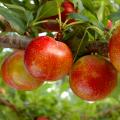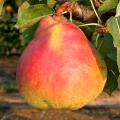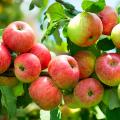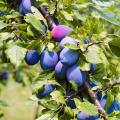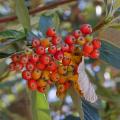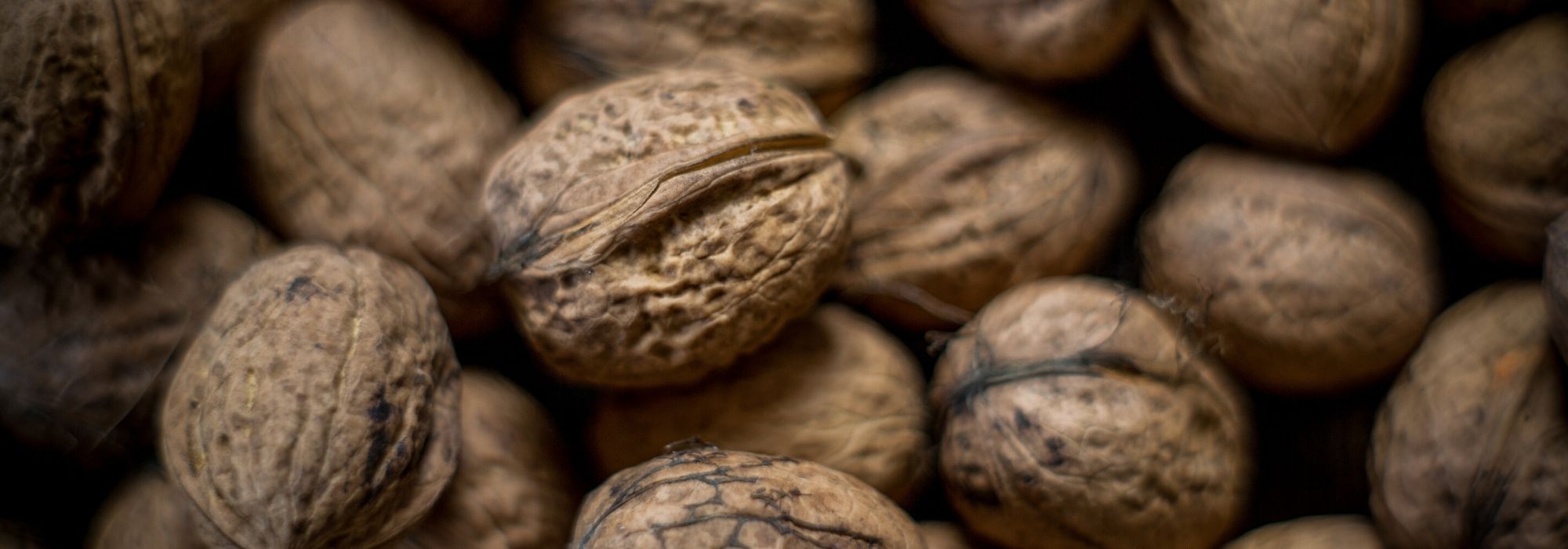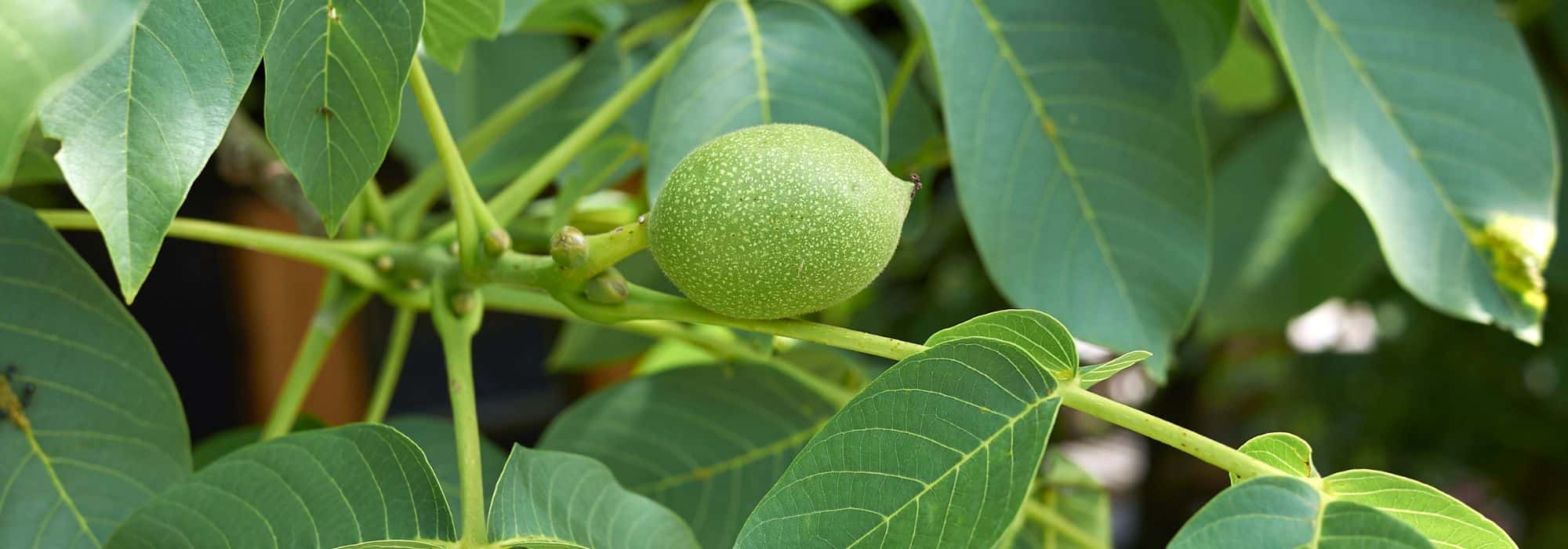Walnut trees
Does this plant fit my garden? Set up your Plantfit profile →
Available in 1 sizes
Available in 2 sizes
Available in 2 sizes
Available in 1 sizes
Available in 2 sizes
Available in 1 sizes
Available in 1 sizes
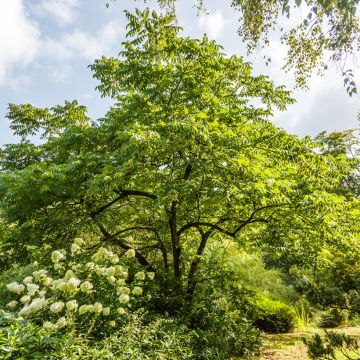
Available in 1 sizes
Available in 1 sizes
Available in 2 sizes
Available in 1 sizes
Available in 1 sizes
The walnut tree, in Latin Juglans regia, is a large tree cultivated for its shell fruits - walnuts rich in oil - as well as for its wood, sought-after in cabinetmaking. The common walnut, from the Juglandaceae family, is a species native to Eurasia perfectly adapted to European climates.
Walnuts evoke the countryside: there are multiple designations of origin in France, such as the famous Grenoble and Perigord walnuts. In addition to Franquette, a very old variety, we also find the Mayette, Parisienne, Corne, and Grandjean. Among the more recent varieties, Fernor is the queen of the kernel market, while the Marbot is an excellent fresh walnut commonly found on stalls at the beginning of autumn.
The tree rarely bears fruit before its tenth year. Some varieties can be self-fertile, but pollination, carried out by the wind, will be much better if a pollinating variety is planted nearby (e.g. Ronde de Montignac, Meylannaise, Fernette). In walnuts, it is the delicious kernels that are consumed fresh or as dried fruit. The common walnut prefers a continental climate, but it is not very demanding. It is planted in an open position, but sheltered from strong winds, in any soil that is sufficiently rich and deep, with a tendency towards clayey, slightly acidic to alkaline. The litter that forms under the walnut tree is often considered harmful to the cultivation of other plants. However, it can accommodate many spring bulbs, Forget-me-nots, alchemillas, creeping bugle, hostas, and heuchera.
Haven't found what you were looking for?






























